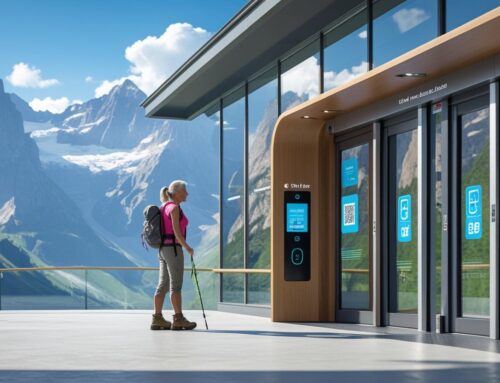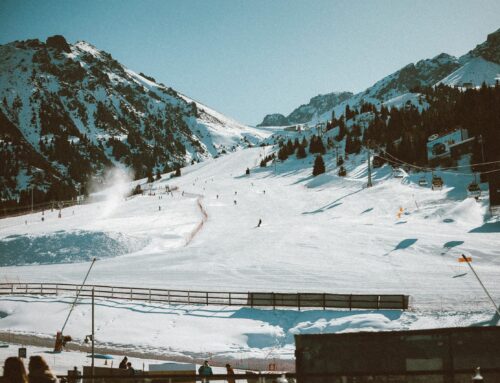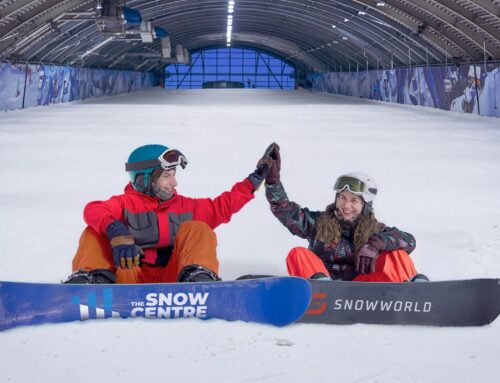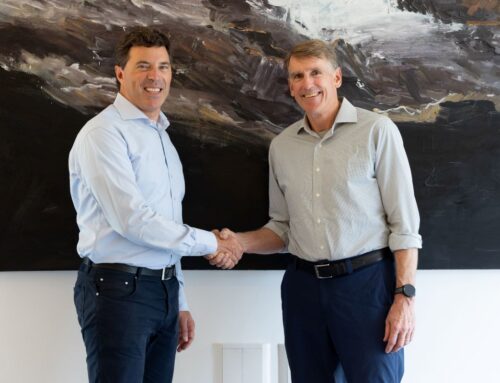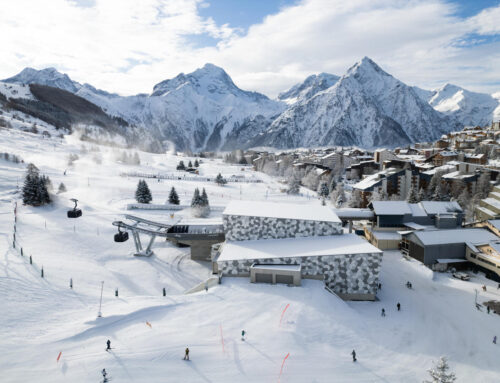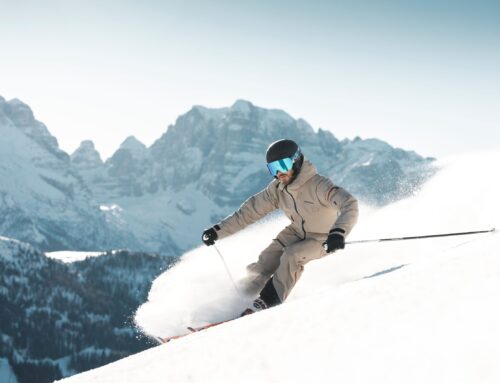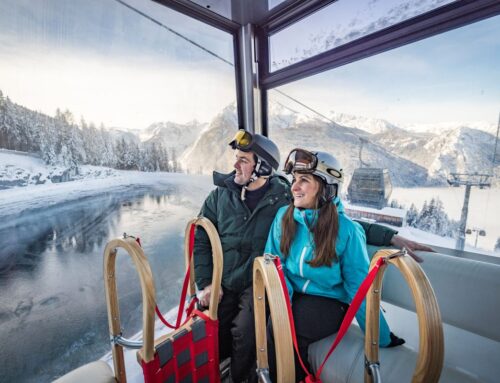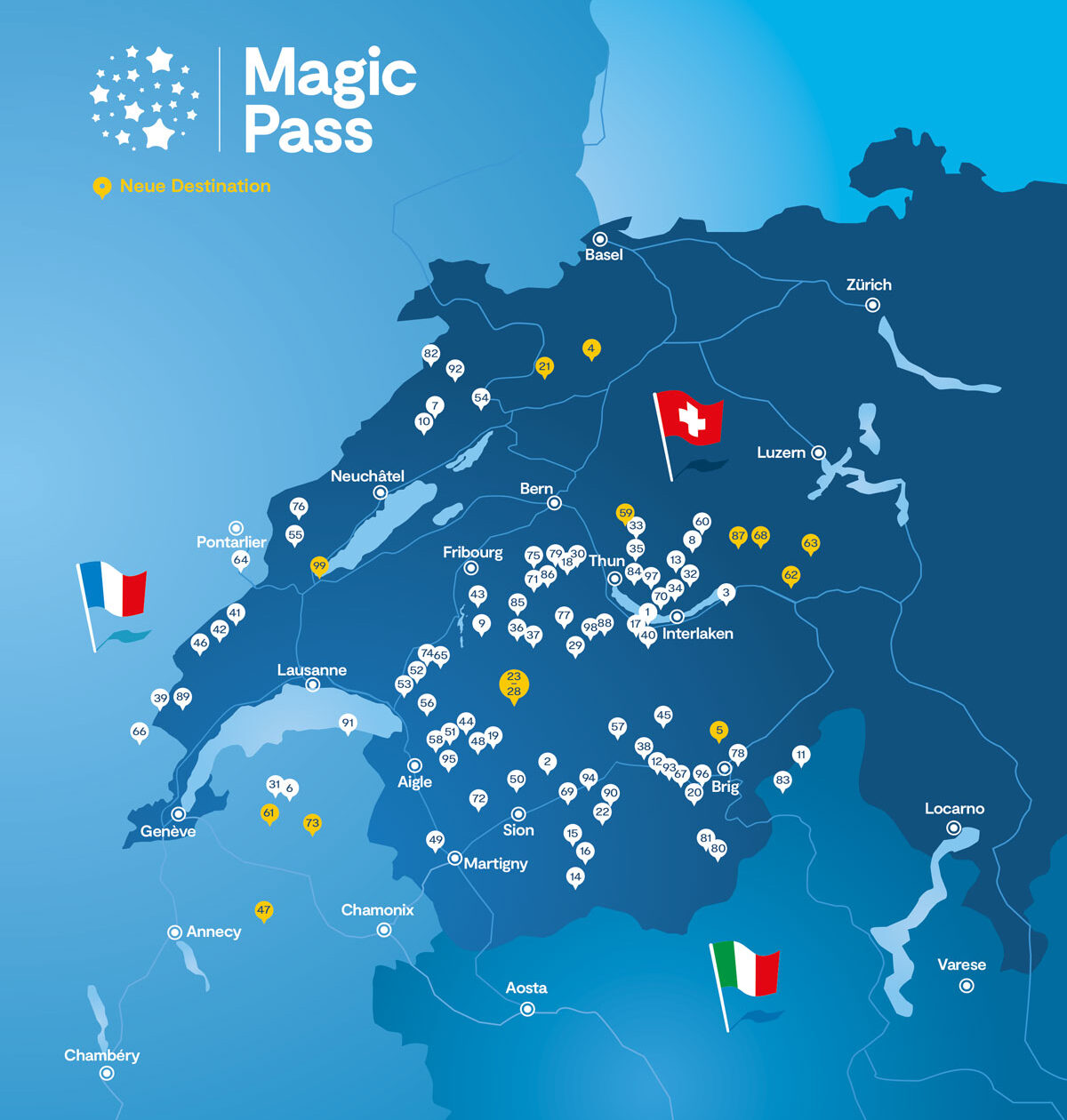
Management & Tourism
Industry dispute: Ski season passes
The Gstaad ski resort have been part of the Magic Pass since early 2025 – an annual subscription starting at 419 Swiss francs offering unlimited access to nearly 100 ski resorts in Switzerland, France, and Italy – valid both in winter and summer.
This move gives new momentum to the development of cross-destination ski subscription models – and also sparks criticism, with accusations of price dumping. Enough reason to ask Matthias In-Albon, CEO of the Gstaad mountain lifts, some detailed questions.
SI Magazine: Mr. In-Albon, how was Gstaad’s sales strategy organized so far?
Matthias In-Albon: Our sales policy was long set independently or embedded in smaller regional cooperations. With the launch of the Top4 ski pass in 2017, we took a new path: Together with the Jungfrau region, Adelboden-Lenk, and Meiringen-Hasliberg, we offered our guests a cross-region season ticket at a very attractive initial price of 666 francs. The goal was to offer more variety in growing competition and strengthen the overall region’s appeal.
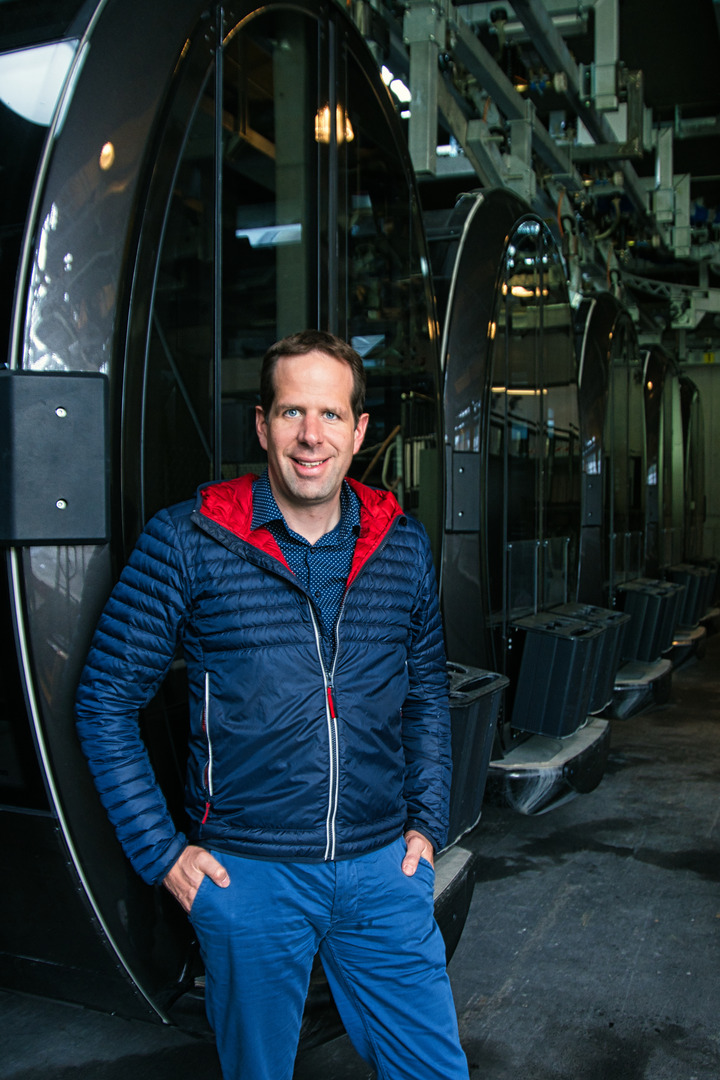
Matthias In-Albon
CEO ski resort Gstaad
When and why did you rethink your approach?
The past few years, especially recent price increases, clearly showed that the Top4 pass became too expensive for many guests. With a price of about 850 francs last season, it was increasingly out of reach – particularly for locals and day visitors from cities like Lausanne, Bulle, Fribourg, Bern, Thun, or Spiez.
You have to know: 70 percent of our guests are day-trippers from these urban areas, only 15 percent each are locals and hotel or chalet guests. Our ski area is like hotel wellness – decisive for booking but often used little in the end. Our guests care more about art, cuisine, and socializing. Our ski area would be too large if it only focused on overnight guests.
At the same time, more flexible and affordable models like the Magic Pass are booming. We realized we needed a different model to win back this broad guest base. That’s why in 2024, we decided to leave the Top4 network – an important strategic step for Gstaad.
What is the Magic Pass?
The Magic Pass is an annual subscription. It offers unlimited access to nearly 100 ski resorts in Switzerland, France, and Italy – both in winter and summer.
- Price: from CHF 419 during early sale
- Validity: 1 year (May to April of the following year)
- Includes: skiing, snowboarding, hiking, biking, and cable car rides
- Organization: cooperative – Magic Mountains Cooperation (over 40 moutnain resorts)
- Sales: exclusively online (direct sales)
Subscribers: already over 300,000 passes sold (pre-sale for the 2025/26 season)
Why did you choose the Magic Pass?
The Magic Pass fits perfectly with our future strategy: It is flexible, affordable, and targets exactly those guests from cities and the next generation we want to reach more.
Starting at about 419 francs, it offers great value and opens Gstaad more to families, young people, and occasional skiers again. I’m convinced alpine tourism has to rely on volume to cover high fixed costs – and volume is price sensitive, including locals and second-home owners.
Additionally, the pass is valid year-round, which fits our ambition to further develop Gstaad as a year-round destination. Last but not least, the timing was perfect: The Magic Pass has grown geographically towards us, and we now lie in the middle – not, as before, at the edge.
Sunny outlook?
Gstaad also wants to boost its summer business with the Magic Pass.
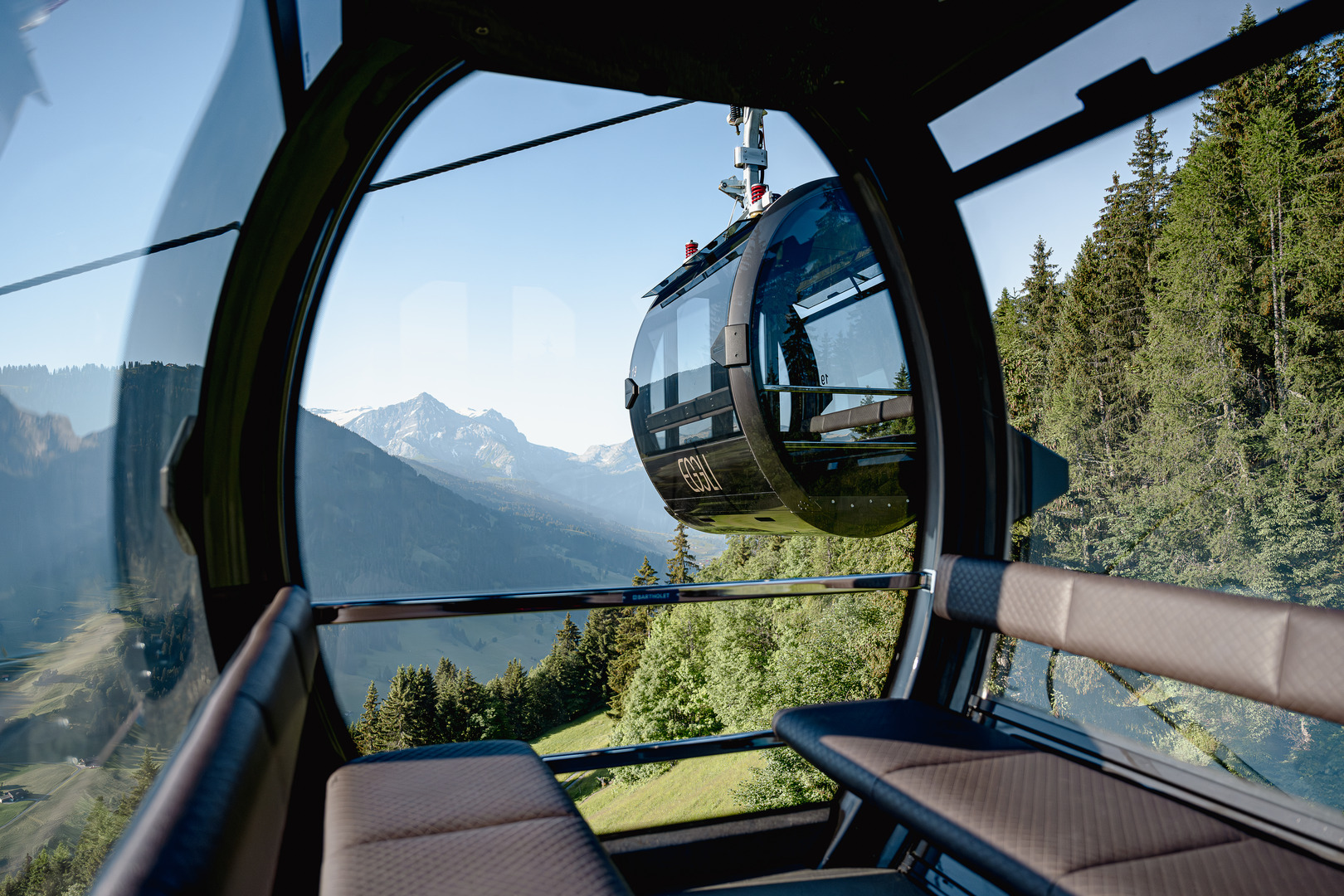
How do you see the ticket alliances Ikon Pass, Epic Pass, and the new AlpsPass?
The Magic Pass is a year-round product (summer and winter) for the broad mass: for guests who want to ski five to seven times per season. In contrast, the winter passes Ikon, Epic, or the new AlpsPass target heavy skiers or international ski travelers. For us in Gstaad, where mainly Swiss guests and day-trippers dominate, it was clear: We need an offer that is close to the people and focuses on independence and local roots.
development of sales
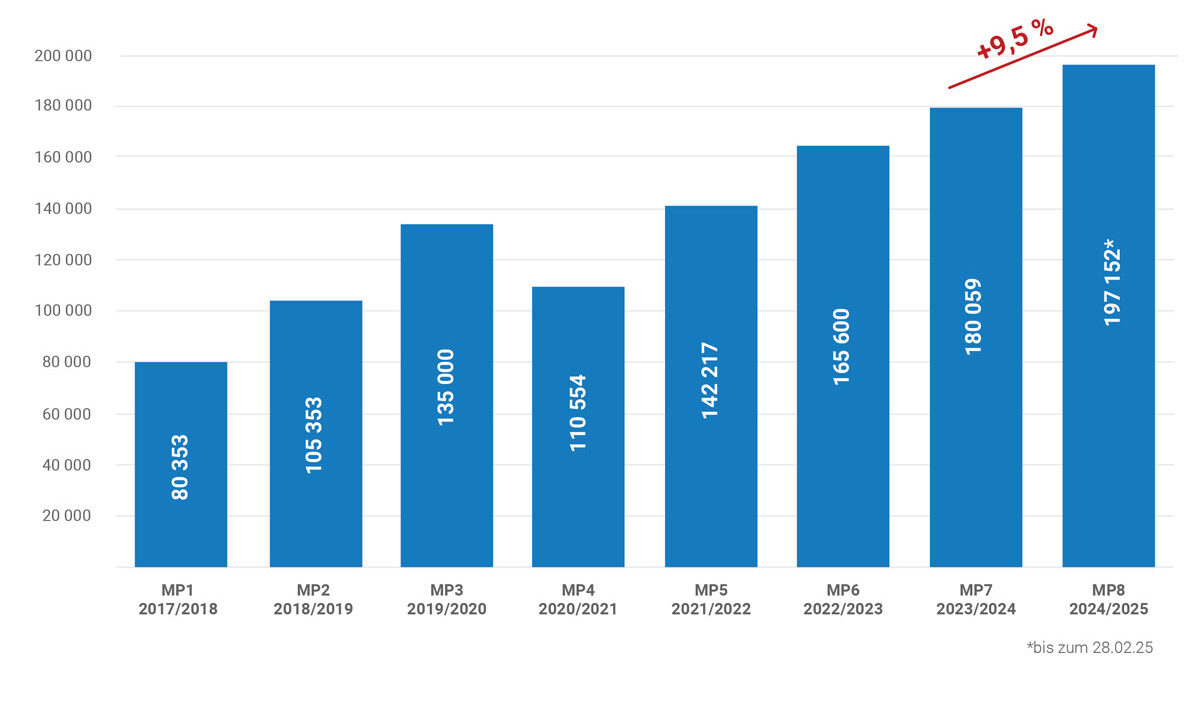
Are you already seeing effects from joining the Magic Pass?
Definitely. We are already experiencing enormous interest, especially from German-speaking Switzerland. The demand for information has risen sharply, media response is positive, and many locals are pleased about a more attractive price model.
Our exit from the Top4 network has set the ticketing landscape in motion. The new AlpsPass was created, and the Swiss network scene is realigning. We clearly feel: With the Magic Pass, we are closer to our guests again. To meet increased demand, we are currently creating 700 additional parking spaces.
revenue in millions
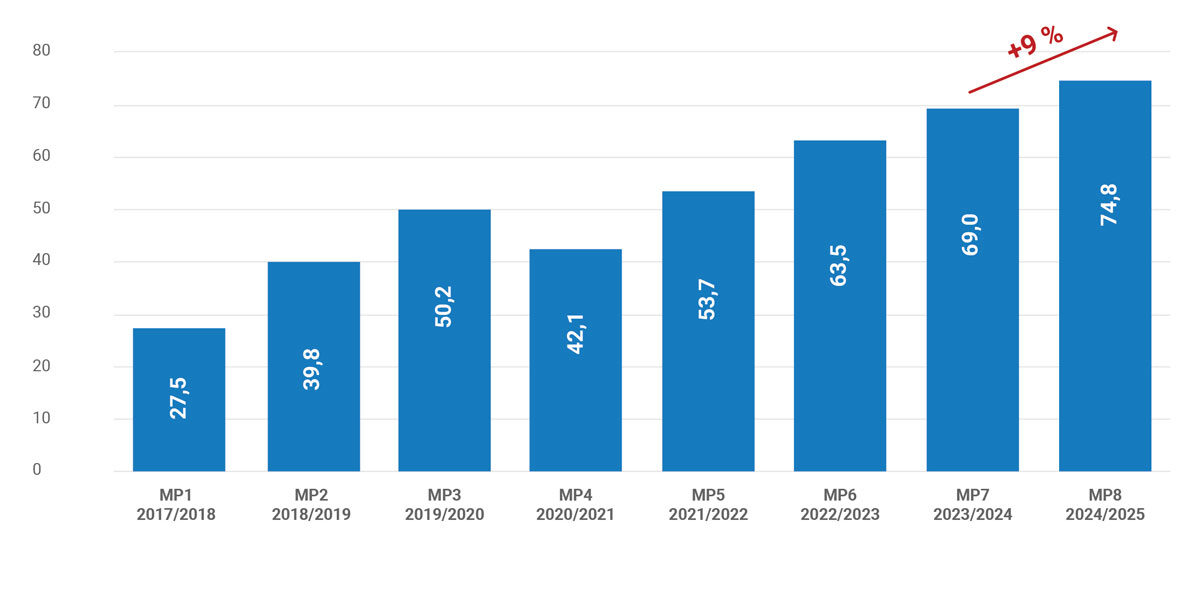
How does the Magic Pass work behind the scenes – especially billing?
Sales are almost entirely online. This enables very efficient handling and direct revenues – already over 115 million francs for the 2025/26 season. Usage is recorded digitally (via so-called first entries), and revenue is fairly distributed among the cooperative members.
The Magic Mountains Cooperation is a cooperative, with equal voting rights for all members. The Magic Pass is based on solidarity, transparency, and shared responsibility – that’s what makes its sustainable success.
comparison of the development of visitor numbers in winter
ski resorts in Valais and the Vaud Alps (Magic Pass) versus Swiss Cableways (SBS)
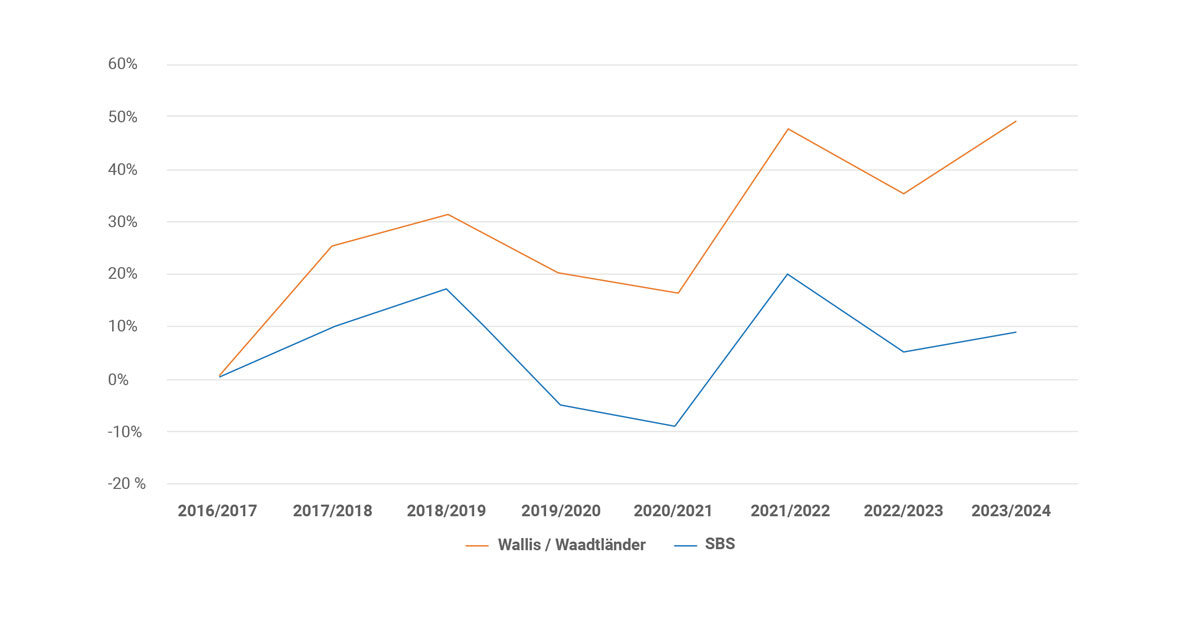
For which ski areas is the Magic Pass particularly suitable and for which less so?
The Magic Pass is ideal for ski areas on the periphery or near big cities with corresponding catchment areas. It’s important that each new area actually opens up new guests and markets.
The Magic Pass is less suitable for large ski resorts that deliberately focus on demanding skiers and premium positioning. But one thing remains: the ski business only works long-term by balancing volume and attractive prices.
development of winter visitor numbers
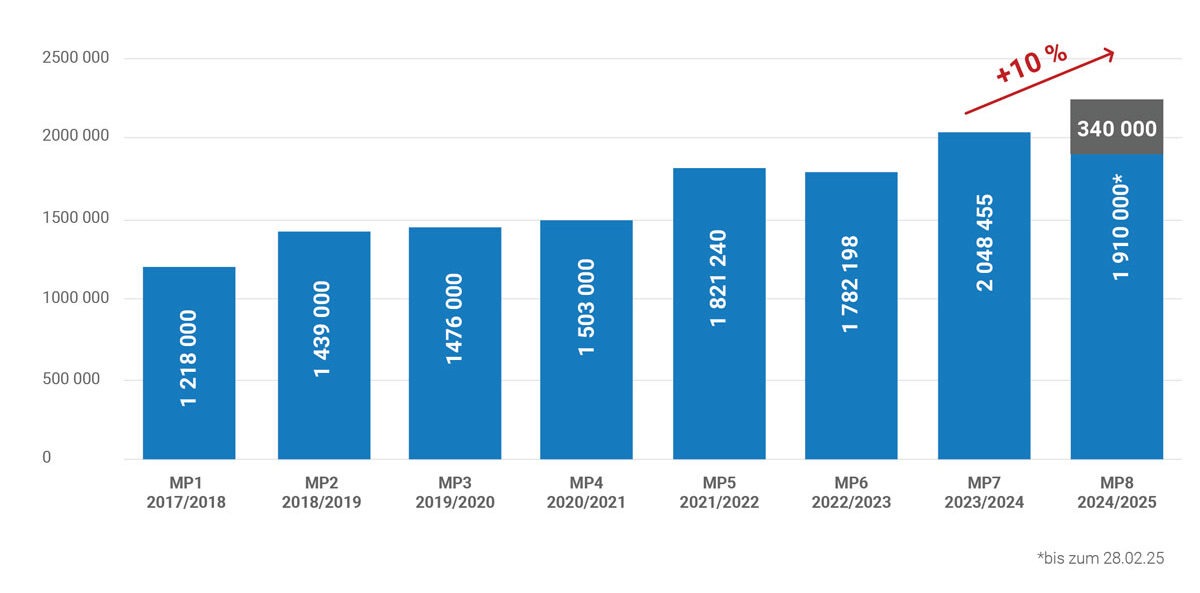
development of summer visitor numbers
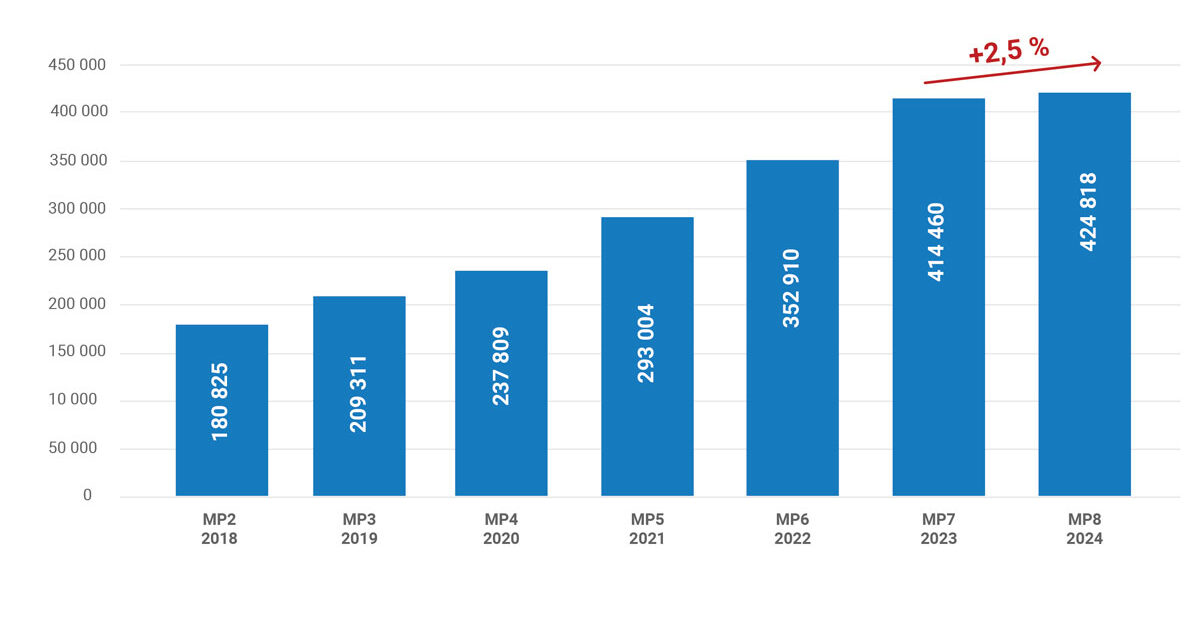
How will the Magic Pass develop in the future?
We are currently witnessing impressive momentum: 300,000 subscriptions sold in the first presale phase for the coming season and strong growth, especially in German-speaking Switzerland. The Magic Pass will further establish itself as a year-round product, expand geographically – especially in border regions – and open new areas. Our goal remains clear: to make the mountains accessible to as many people as possible – summer and winter, in Switzerland, France, and Italy.
geographical origin of the customers
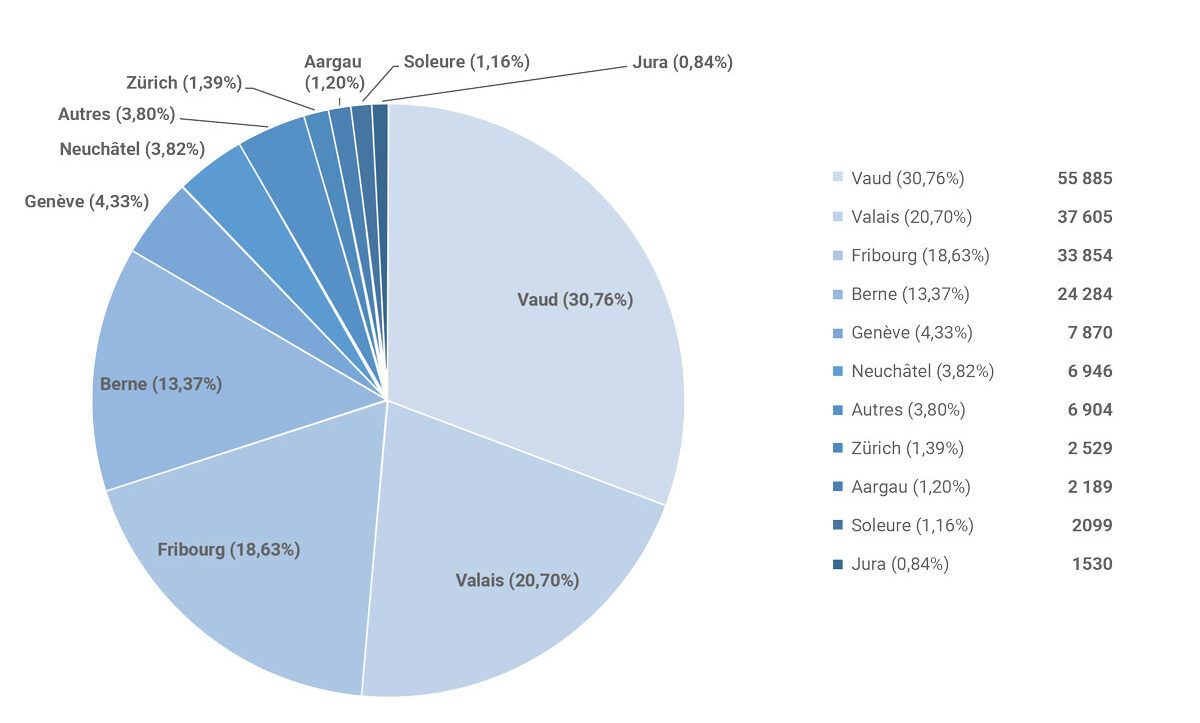
What reactions have you received since joining the Magic Pass?
The topic has dominated the industry for weeks. The large ski resorts are nervous; they fear losing their market for season passes. We are accused of price dumping. But I think we are making skiing more democratic and future-proof. With the Magic Pass, both young and older people can afford trips to the slopes again – that’s in the interest of the entire industry!
Interview by Thomas Surrer
